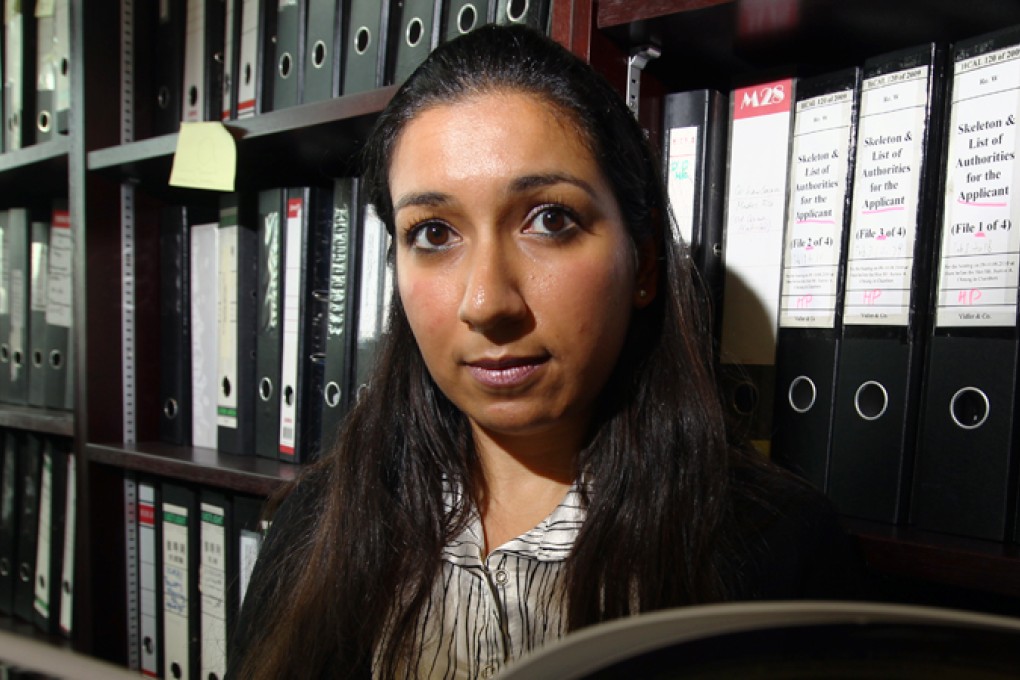Hong Kong Unison threatens court action on racially segregated schools
Advocates say schools mostly made up of ethnic minorities violate anti-discrimination laws

The existence of racially segregated schools in Hong Kong violates anti-discrimination laws, say advocates of ethnic-minority rights who are considering taking the government to court. They also point to the failure of schools to offer Chinese as a second language - an option opposed by the Education Bureau.
The education policy sets the stage for locals to live "parallel lives" from a young age, which may in turn cause misunderstanding, isolation and racial prejudice, equal rights advocates say. It is discriminatory and leaves the government liable for prosecution, they say. "We do not take this decision lightly as legal action could put parties into adversarial positions and compromise possibilities," said Puja Kapai, a board member of Hong Kong Unison, an NGO for ethnic-minority rights.
"But we will not lose another generation to the system."
Stephen Fisher, director general of Oxfam Hong Kong, said it was considered segregation when ethnic minorities made up more than 90 per cent of the roll in some schools. Segregated schools and the lack of a second-language curriculum for Chinese has plagued the non-Chinese-speaking working class for years. Their plight intensified after the handover, when Chinese became a necessary requirement for tertiary education and most kinds of work. That stripped ethnic minorities of the chance to attend university and get a good job, Kapai said. Added to that was the low awareness Chinese locals had of non-Chinese Hongkongers, despite living in their midst for generations. "We are leading parallel lives, but never had the chance to integrate and interact," Kapai said. Taken together, the problems created an underclass.
Kapai, a professor of law at the University of Hong Kong, said the government could be taken to court through a judicial review, as well as for violation of the Race Discrimination Ordinance. They could make a decision in January, depending on input from the Poverty Commission and the UN Children's Rights Convention, and government action in the next few months, Kapai said.
"The law is very clear - it's action, commission or omission," Fisher said. "If you allow something to happen without doing something about it, it is an act of omission. If you left a [public] school to become solely of ethnic minority students, it's an act of omission and therefore direct discrimination which is against the law."